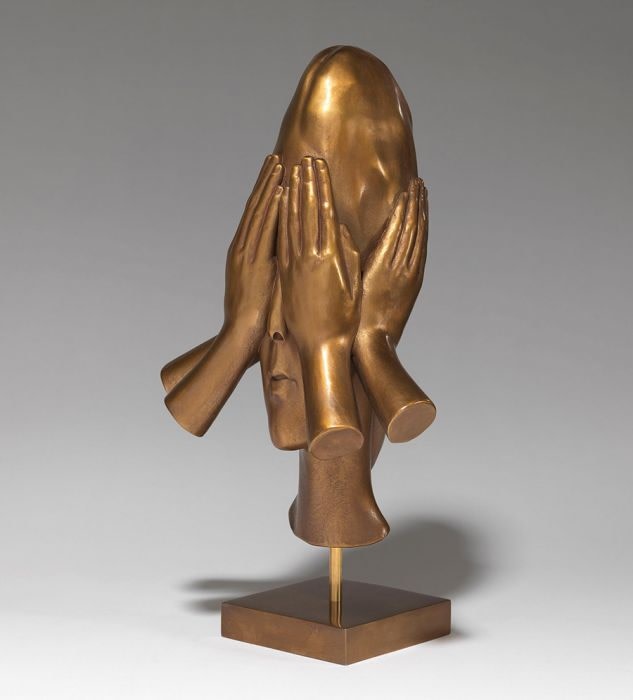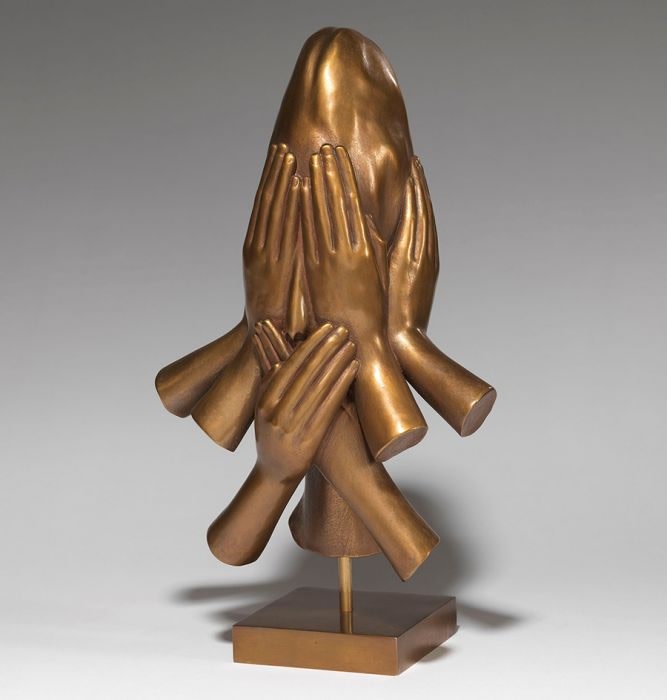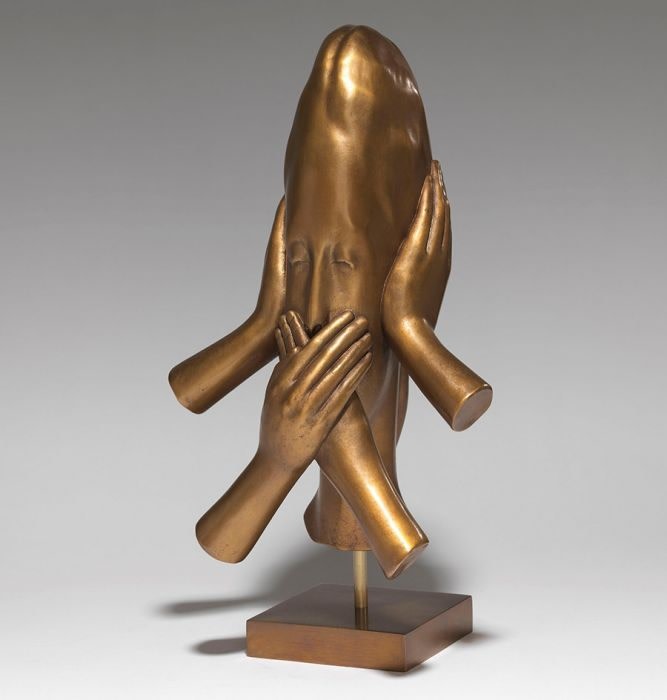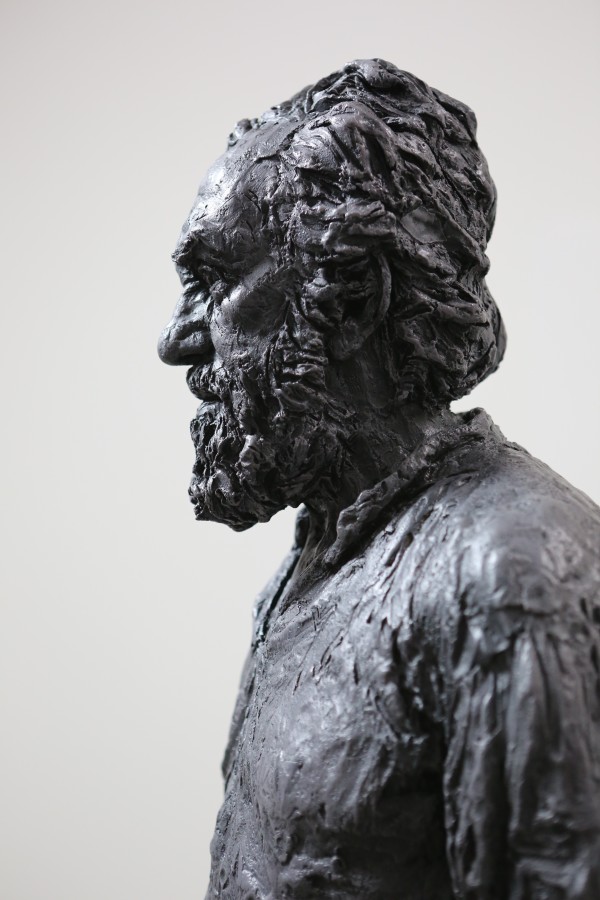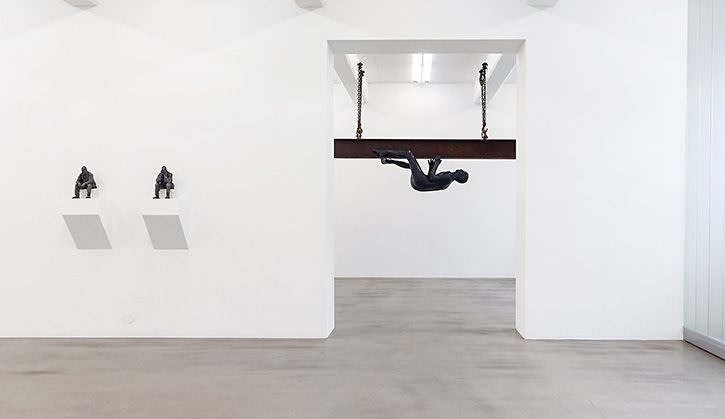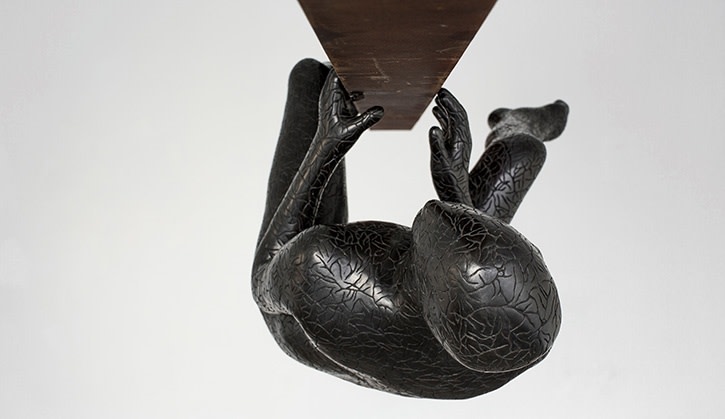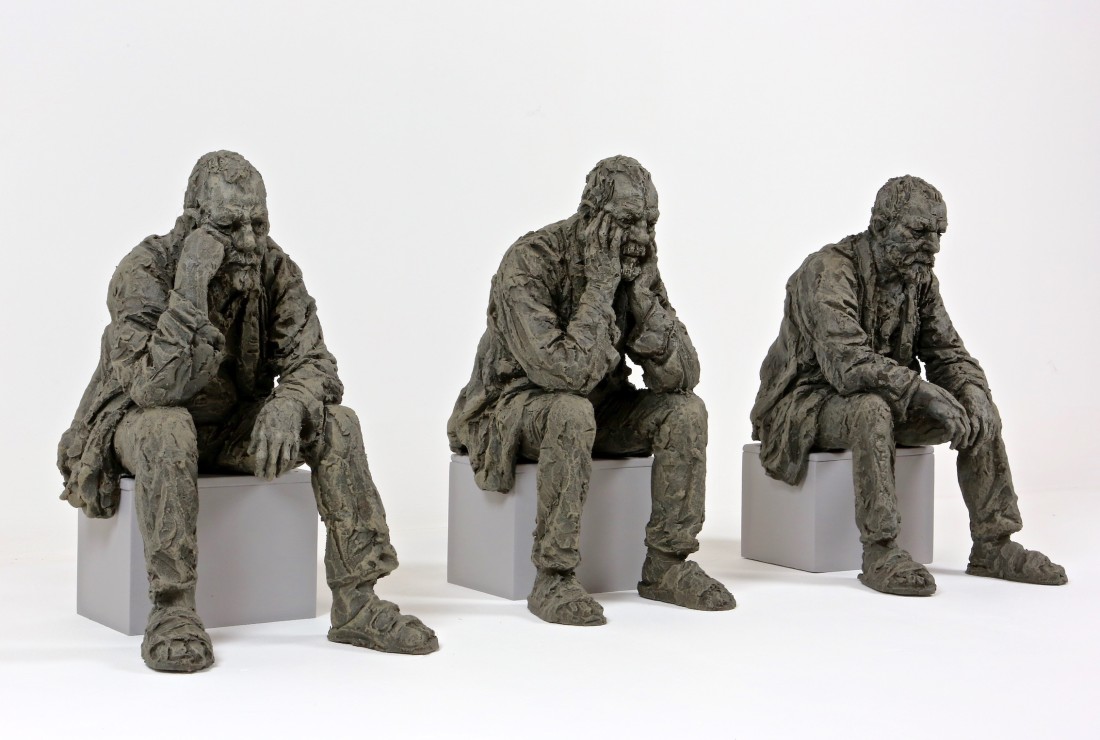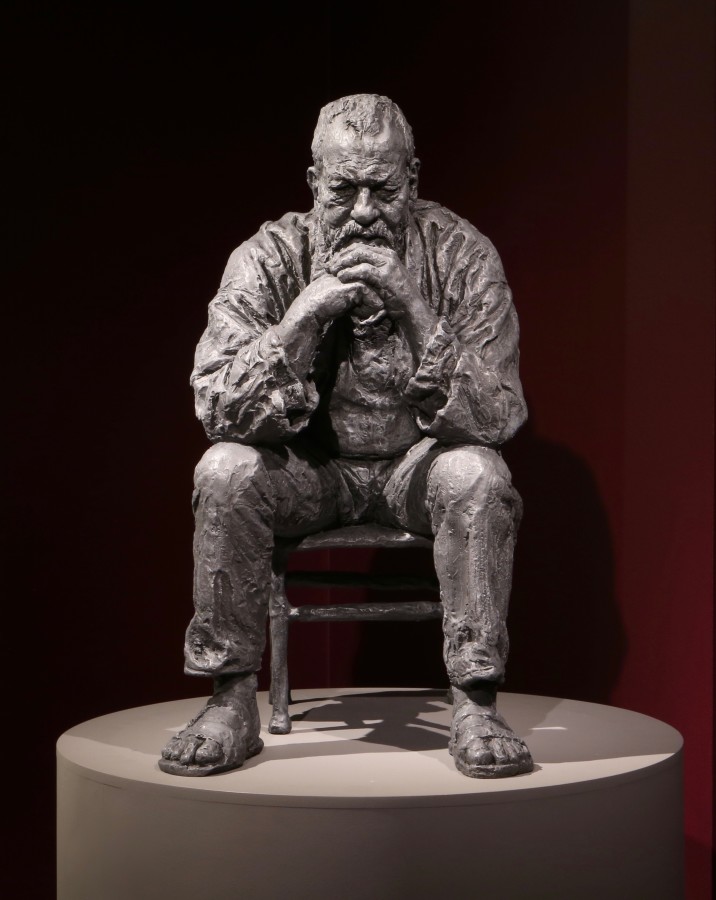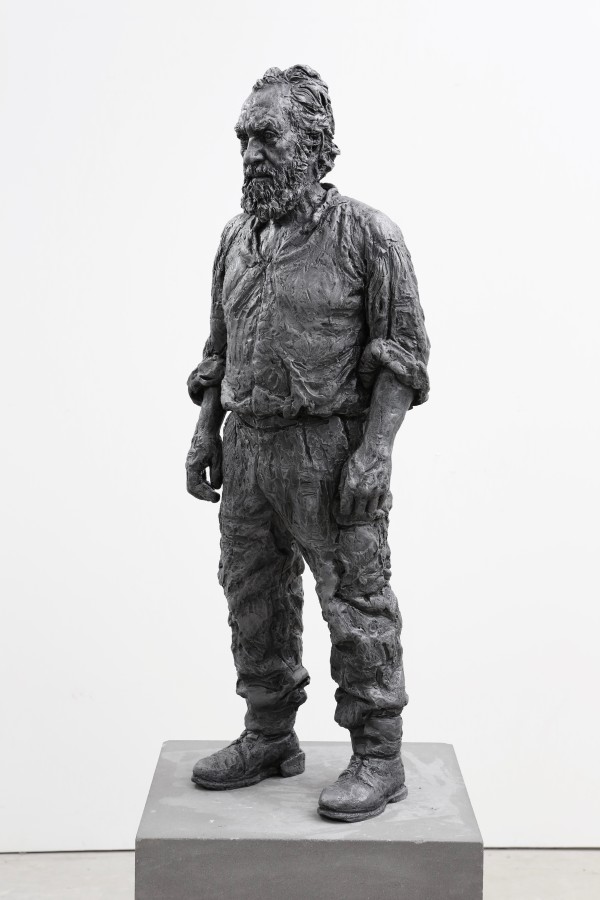Galleri Andersson/Sandström in Stockholm, Sweden starts its autumn season with VIVA SCULTURA VIVA!, a tribute to the sculptural media. All of the contributing artists have a highly personal body of work that treats human existence as the everyday life, spirituality, the present and the passed, the relationship of the body to different forms of space, the psychological as well as the physical.
Jaume Plensa’s sculptural work has with time, undergone several changes but always dealing with humanity, body and soul, in mostly figurative expressions. Whether made out of steel, glass, bronze, alabaster or by light, vibration or sound, his unique ideas and associations are always brought forward. A significant part of Plensa's production is set in the context of permanent public sculpture and in the summer of 2018, Galleri Andersson/Sandström in collaboration with the Swedish Royal Court, will produce an extensive outdoor sculpture exhibition with Jaume Plensa at the Royal Djurgården in Stockholm.
Sean Henry depicts anonymous people, the unglamorous, controlled, thoughtful and serious. Henry's sculptures are closing in on themselves, perhaps hiding something, and while their expressions often are ambiguous or difficult to interpret, they always have a tremendous psychological presence. And they are never quite like us - the proportions are shifted so that the characters are either too large or too small. "I try to depict some essential truths. My figures are often on the edge of action - passive, but acutely aware of their surroundings, as well as their inability to affect or change them."
After working mainly with photography Maria Miesenberger felt a longing for the three-dimensional which made her start with sculpture in the middle of the 1990s. In Moment in Motion, Holding On (2014), which you also can see in Enskede Gård’s metro station in Stockholm, the figure is holding on to the roof with a lean, strong, androgynous body as it’s constantly ready for whatever might come. The sculpture’s surface is covered with a relief pattern, like corneal nerve threads they form a sensible kind of bodily topography. The duality of it’s appearance is striking; strength and fragility in one, just as human life itself.
Visit gallery by clicking HERE
